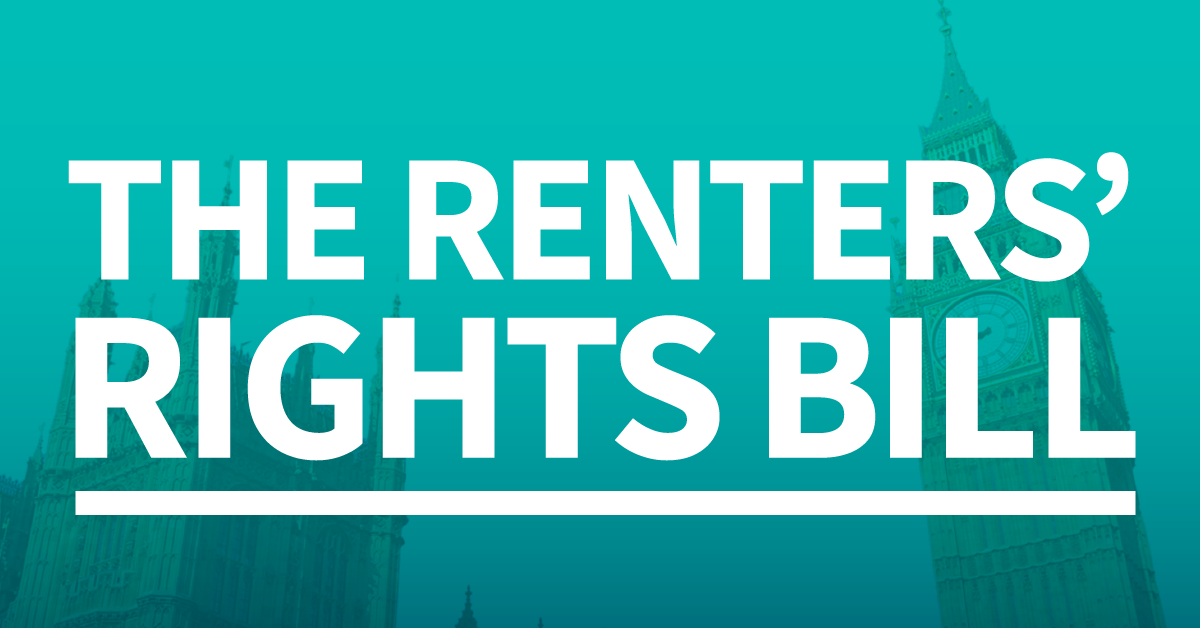

Renters’ Rights Bill: October date for Lords
The Renters’ Rights Bill will return to the House of Lords on 14th October – the next step towards Royal Assent, when it will move into law.
The Bill is in the final stage of Parliamentary scrutiny, what is commonly known as “ping-pong”, with discussion bouncing between the Commons and the Lords as MPs and Peers cross the ‘i’s and cross the ‘t’s when it comes to the finer detail of the new rules.
Ping pong began on 8th September in the Commons. However changes agreed there still have to be approved by the House of Lords.
While today’s announcement means that we know Royal Assent will take place sometime after 14th October, the exact timings depend on whether the Lords decide to send the Bill back to the House of Commons for further consideration, if they are unhappy with any of the decisions.
What exactly is Royal Assent?
Many of you may have heard the term “Royal Assent” used in media coverage and commentary, but what does it actually mean?
In simple terms Royal Assent is when a Bill, approved by Parliament, is signed into law by the Monarch.
It is, however, crucial to know that just because a Bill has been signed into law, it doesn’t mean that all its provisions come into force immediately.
In the case of the Renters’ Rights Bill, implementation will actually take place in a series of stages.
This means that, while you should be preparing for the Bill to take effect, we are expecting some kind of transition period after Royal Assent before you will need to comply with the new rules.
Some elements - such as the abolition of fixed terms and Section 21 repossessions - will be introduced sooner than others, for example the new Decent Homes Standard and private rented sector database.
The next question, of course, is how long will this transition period be?
Unfortunately, despite significant pressure from the NRLA and our partners, the Government has remained tight-lipped on the timetable for change.
Guy Horsington, Deputy Director of the Private Rented Sector at the Ministry of Housing, Communities and Local Government, revealed the decision on transition arrangements and timelines will only be made once the Bill receives Royal Assent and becomes law.
Talking on the NRLA’s exclusive Renters' Rights member webinar this week, he also confirmed the Government will take into account how much time they believe the sector will need in order to adjust.
What does the NRLA want?
Such uncertainty does leave both landlords and the wider PRS in limbo.
With the Renters’ Rights Bill bringing about the biggest change in private renting in decades, we have been clear that the Government needs to announce its implementation timeline as soon as possible.
We are calling for a six-month minimum lead-in period between the confirmation of the detail and measures coming into force.
Equally, we have made clear in our engagement with the Government that any announcement of a measure coming into force must be coupled with a targeted and effective information campaign so that landlords, letting agents and tenants are clear both on their new rights and responsibilities and when these apply.
Learn more about Renters’ Rights
- With big changes coming and implementation dates uncertain, join the NRLA and guests including property guru Sarah Beeny at our annual Housing Conference where we’ll be exploring the ways in which landlords can best navigate what promise to be the biggest changes to private renting in decades.
- Check out our Renters’ Rights Bill Hub for guidance on what you can do to prepare.
- You can also join the thousands of landlords who have already taken our Renters’ Rights Bill training course. Click here for more information.

